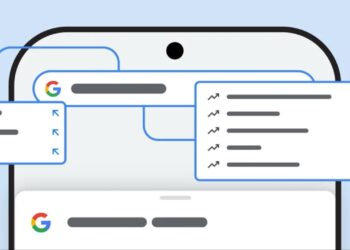With the Chrome browser expected to receive an update to version M100 this month, Google has announced that they will be discontinuing the “Chrome Lite Mode”, a feature that has been available on Android since 2014.
“Lite Mode” is basically the same thing as “Data Saver” that the company introduced in 2014 to help those with slow or limited data connections to still enjoy the power of the internet.
The data saver feature made web pages load faster by either preventing images from loading, loading lower quality images, or even preventing some (JavaScript) scripts from executing to keep data usage as low as possible while still providing information to the end-user
Google feels that the feature has now become less useful as more and more people in different countries and regions are getting access to unlimited data plans, while at the same time, the cost of getting these unlimited data plans has gone down compared to a few years back.
The company also mentions that they have made changes to the Chrome browser which has made it more efficient in consuming data, therefore also making the data saver feature less of a requirement. They point out that they are still committed to ensuring Chrome can deliver a fast webpage loading experience on mobile.
Despite it being true that the cost of purchasing data has gone down considerably since the introduction of the data saver feature in 2014, the removal of the feature next month will hit some regions harder than others.
Developed countries probably will not notice it, as Google has already pointed out the existence of cheap mobile plans that offer unlimited data. However, consumers in developing nations do not have this luxury.
Developing countries including Kenya have also seen this decrease in prices for internet plans, however, they still remain quite expensive for most citizens.
Pingdom, a research company, after analysing data across 892 websites, puts the average size of a webpage at 2.07 MB. This might not seem like much to someone having an unlimited connection, but the cost of purchasing 25 MB from a popular telecom company in Kenya is Kshs 10.
With various statistics pointing out quite a large number of Kenyans survive on less than a dollar a day (around Kshs 110), spending a tenth of it on 25 MB just shows how data is still expensive in some regions of this world.
However, despite Google seemingly overlooking less developed regions that still rely on the data saver feature to keep their data costs low, it provides opportunities for other browsers to fill this market gap.
Opera Mini is the obvious alternative, as they market themselves in the lines of data saving and even have an inbuilt system that blocks ads, which will further bring down data consumption as the resources that would have been spent loading ads are saved.
At the end of the day, data is still expensive in the country, and we clearly need more competitors to pressure existing telecom companies into offering better pricing plans as well as true unlimited connections that do not cost an arm and a leg.












